True to seed
birdsnblooms
11 years ago
Featured Answer
Sort by:Oldest
Comments (27)
johnmerr
11 years agoRelated Professionals
Londonderry Landscape Architects & Landscape Designers · Oatfield Landscape Architects & Landscape Designers · Saint Louis Park Landscape Architects & Landscape Designers · Waunakee Landscape Architects & Landscape Designers · Alexandria Landscape Contractors · Goodyear Landscape Contractors · Surprise Landscape Contractors · Alamo Landscape Contractors · Bowie Landscape Contractors · Cliffside Park Landscape Contractors · Flagstaff Landscape Contractors · Kahului Landscape Contractors · Selden Landscape Contractors · Seven Hills Landscape Contractors · Clearfield Landscape Contractorsmrtexas
11 years agojohnmerr
11 years agohoosierquilt USDA 10A Sunset 23 Vista CA
11 years agojohnmerr
11 years agobirdsnblooms
11 years agohoosierquilt USDA 10A Sunset 23 Vista CA
11 years agoideal2545
11 years agobirdsnblooms
11 years agohoosierquilt USDA 10A Sunset 23 Vista CA
11 years agoblazeaglory
11 years agoeahamel
11 years agohoosierquilt USDA 10A Sunset 23 Vista CA
11 years agobillb55
11 years agohoosierquilt USDA 10A Sunset 23 Vista CA
11 years agobirdsnblooms
11 years agojohnmerr
11 years agoskillough5
8 years agopip313
8 years agolast modified: 8 years agoskillough5
8 years agoBrad Edwards
7 years agoJenelle Vallee
3 years agoherman zimmerman
3 years agoSilica
3 years agoherman zimmerman
3 years agolast modified: 3 years agosocalnolympia
3 years agolast modified: 3 years ago
Related Stories
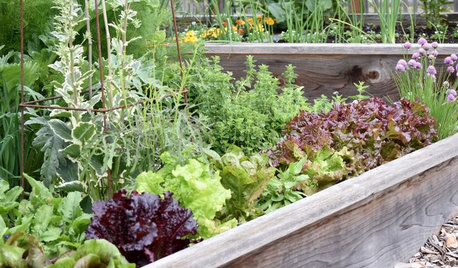
GARDENING GUIDESSeeds or Seedlings? How to Get Your Garden Started
Growing delicious herbs and vegetables starts with knowing your goals and when you want to plant
Full Story
GARDENING GUIDES13 Risks to Take for True Garden Rewards
Go ahead, be a rebel. Breaking rules in the garden can lead to more happiness, creativity and connection with the earth
Full Story
MOVING9 Things New Homeowners Know to Be True
Just moved into a new home? Congratulations! The fun is about to begin
Full Story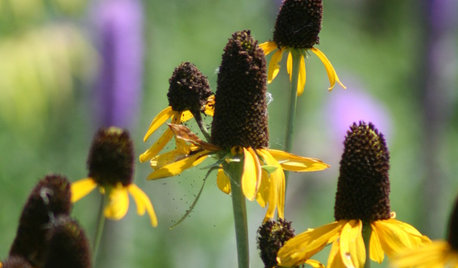
GARDENING FOR BUTTERFLIESGreat Design Plant: Giant Coneflower, a True Exclamation Point
Watch as towering stalks topped by yellow blossoms become a beacon for birds and insects in the midsummer garden
Full Story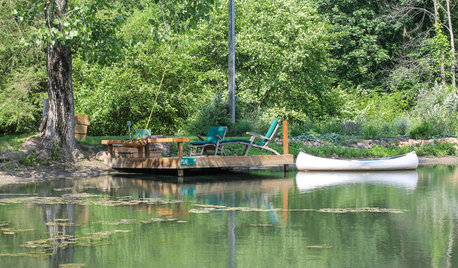
MY HOUZZMy Houzz: A Dream of Country Living Comes True
A couple garden and raise chickens in their retreat-like historic Maryland property, learning as they go
Full Story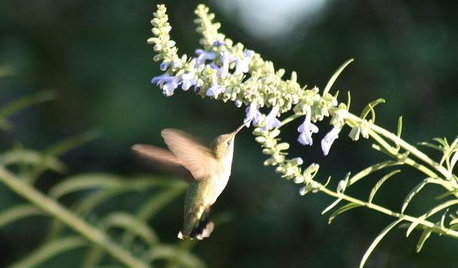
GARDENING GUIDESGreat Design Plant: Blue Sage
True blue and adored by hummingbirds, blue sage is easy to grow from seed in a sunny fall garden
Full Story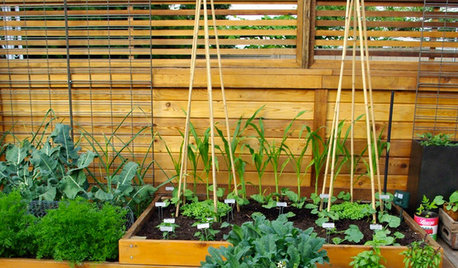
SHOP HOUZZShop Houzz: Create Your Own Farm-to-Table Experience
Create an edible garden with these tools, seeds and planters — then enjoy the bounty at your table
Full Story0

GARDENING GUIDESUnleash Your Guerilla Gardener
Toss some seed bombs around the yard for easy, beneficial plantings
Full Story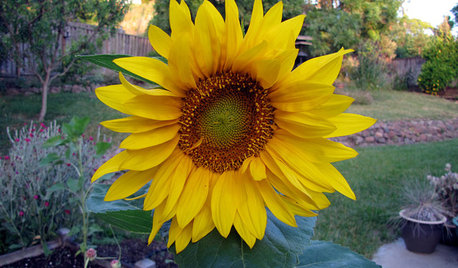
MOST POPULARSummer Crops: How to Grow Sunflowers
Savor snack-tastic sunflower seeds once the radiant blooms have faded — if the birds have saved you any, that is
Full Story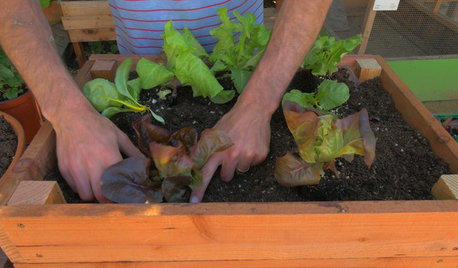
HOUZZ TVHouzz TV: How to Make and Plant a Veggie Box
See how to start edibles from seed, then transfer the seedlings to a box on stilts to make harvesting more fun
Full Story





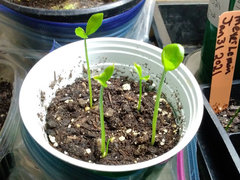
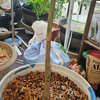
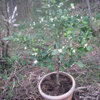
hoosierquilt USDA 10A Sunset 23 Vista CA